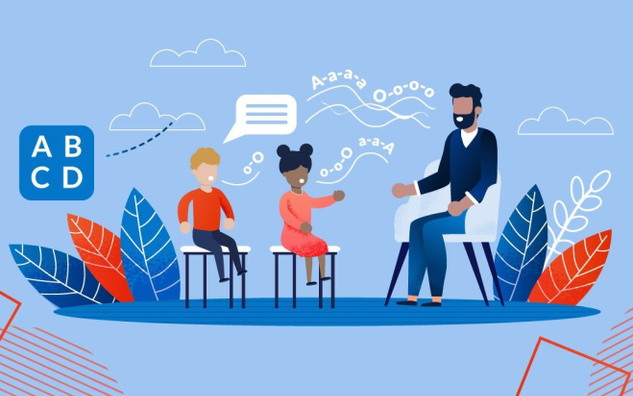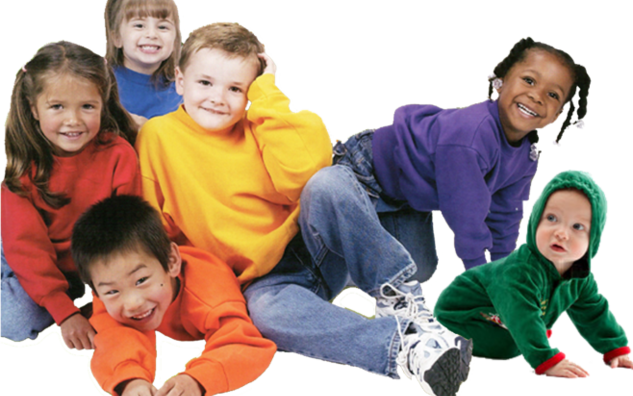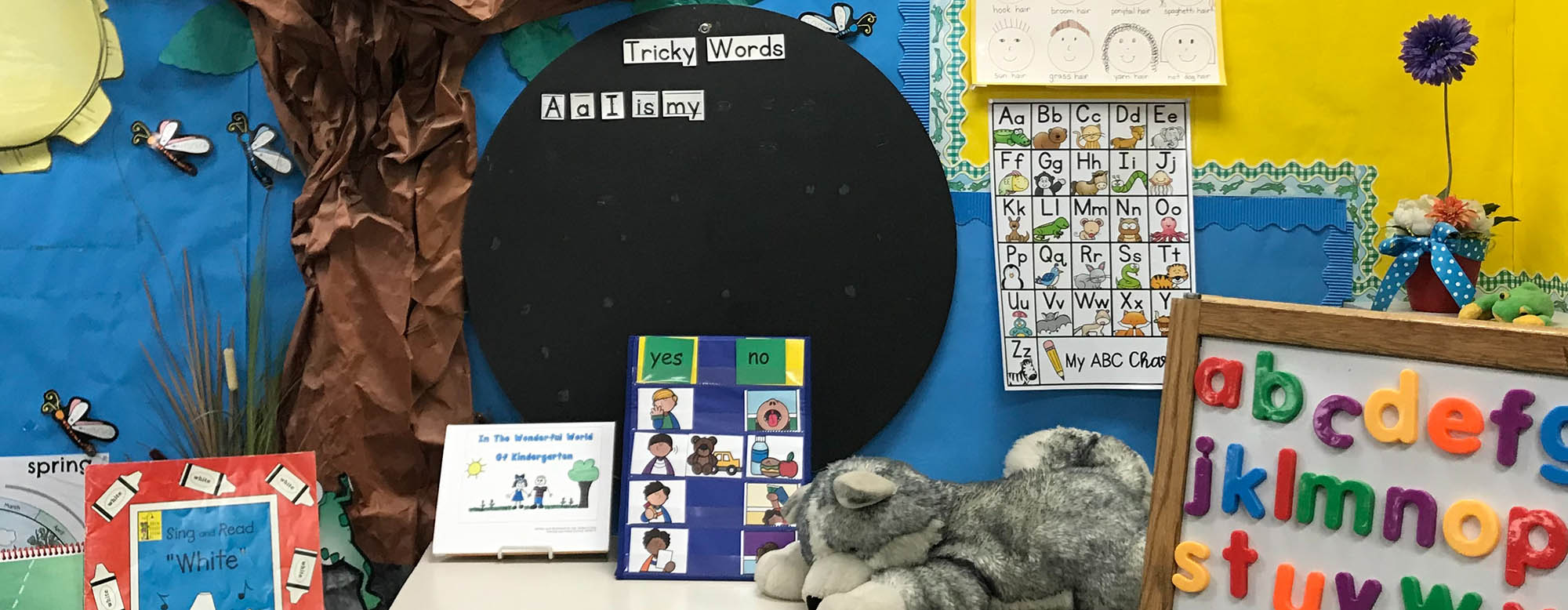The Discourse Skills of Monolingual & Bilingual School-Aged Children
About the Project
This project is being conducted in collaboration with principal investigator Dr. Patricia Cleave from Dalhousie University and focuses specifically on collecting discourse data that will help us to identify both normative and atypical trends in the development of oral discourse skills.
Differentiating between language disability and normal developmental trajectories can be difficult in bilingual children. As such, there is a need to gain a more comprehensive understanding of the development of discourse skills.
This study linguistically analysed conversational, narrative and expository discourse skills in monolingual and bilingual children in French Immersion programs, between the ages of 7-12.
Study Overview
Working Title
The Discourse Skills of Monolingual and Bilingual School-aged Children
Objective
Analyze the development of discourse skills (conversation, narration, expository) in monolingual and bilingual children between the ages of 7 and 12.
Research Questions 1
What is the developmental pattern between ages 7 and 12 for discourse skills (conversational, narrative and expository) in monolingual and bilingual children?
Research Questions 2
How does this developmental pattern vary based on type of discourse?
Research Questions 3
What is the impact of bilingualism on the development of discourse skills?
News & Research Articles
Articles highlight the impact and influence of the Discourse Skills project, from research articles to mainstream media.

Remote Online Language Assessment: Eliciting Discourse from Children and Adults
Frontiers in Communication - 2022
Edited by Natalina Gagarina, Angel Chan, and Wenchun Yang

Learning English for Canadian Children
Honeybee Hub - July 19, 2021
By Diana Burchell, Graduate Assistant, Multilingualism and Literacy Lab, University of Toronto

Multilingualism & Literacy Lab Presents: Language and Literacy Newspaper
Language and Literacy - August 2019
By the Multilingualism and Literacy Lab
Co-Investigators
Halifax
Patricia Cleave (Primary Investigator) and Elizabeth (Mandy) Kay-Raining Bird
Moncton
Pierre Cormier
Montréal
Andrea MacLeod, Stefano Rezzonico, and Natacha Trudeau
Ottawa
Nicolay Slavkov and Ann Sutton
Toronto
Xi (Becky) Chen-Bumgardner
Madison, WI (USA)
Ann Nockerts (Industry Collaborator)






